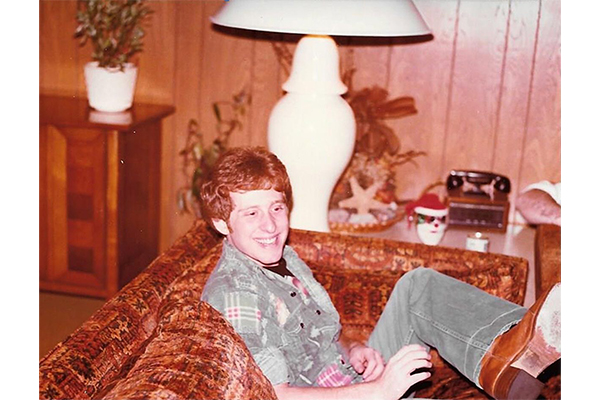As a child, UT alumnus Alan Stern said he was fascinated at the sight of the Earth from an airplane window. Now, as the first researcher to fly on a commercial spacecraft, Stern said he looks forward to the upgraded view.
Stern and his research team were the first chosen to conduct NASA-funded research aboard a commercial suborbital spacecraft as a part of the NASA Flight Opportunities Tech Flight Program, according to a Southwest Research Institute press release. The mission is currently unscheduled, according to the release.
“For almost everyone, and certainly for people that are in space sciences and engineering, getting a chance to actually go to space is a dream,” Stern said. “I’ve sent all these machines into space and now for a change, I get to go myself.”
Stern, an associate vice president of Southwest Research Institute’s Space Science and Engineering Division, said he oversaw multiple space missions as chief of all space and Earth science programs at NASA. This included the exploration of Mars and his own New Horizons project, which successfully led a mission to the Pluto system.
Stern said sending a human researcher on a mission instead of automating their role helps to reduce costs and potential errors.
“This year in March, for the first time ever, NASA said scientists could propose experiments which they go along with to operate,” Stern said. “I jumped at that opportunity.”
After writing a research proposal, Stern received a phone call that his team was selected. Later, Stern discovered they were the only team selected — making them the pioneers of commercial space research.
Clint Dawson, Aerospace Engineering and Engineering Mechanics department chair, said Stern’s work is an inspiration to students in the Cockrell School of Engineering.
“We are extremely proud of Alan and all that he has accomplished in his decorated career,” Dawson said. “The impact he has had in our field — from his leadership of NASA’s New Horizons mission to the recent news of his selection as the first researcher to fly aboard a commercial space vehicle — has been extraordinary.”
Aerospace engineering freshman Nishant Shah said it was inspiring to see a Cockrell alumnus achieve this feat.
“That’s amazing that someone from UT — from Cockrell specifically — is going to space,” Shah said. “If someone, one day, wanted to become an astronaut, there’s a proven track record that a student from UT is prepared well enough.”
Stern said as a freshman at UT, he was undecided about his major. After his mission, Stern hopes to encourage students to pursue a field of study that they love.
“I want to tell them my own story and the difficulties as a kid I had in school growing up and overcoming adversity, and not having any role-models in my family who were in tech or science,” Stern said. “I look forward to being able to pay it forward.”
Stern said it is important for students to expect adversity in their lives and persist.
“Determination and persistence are half the battle after you have the skillset from school,” Stern said. “I think this selection to be NASA’s first commercial researcher in space, is very much the same thing. In the end, it all works out.”



















